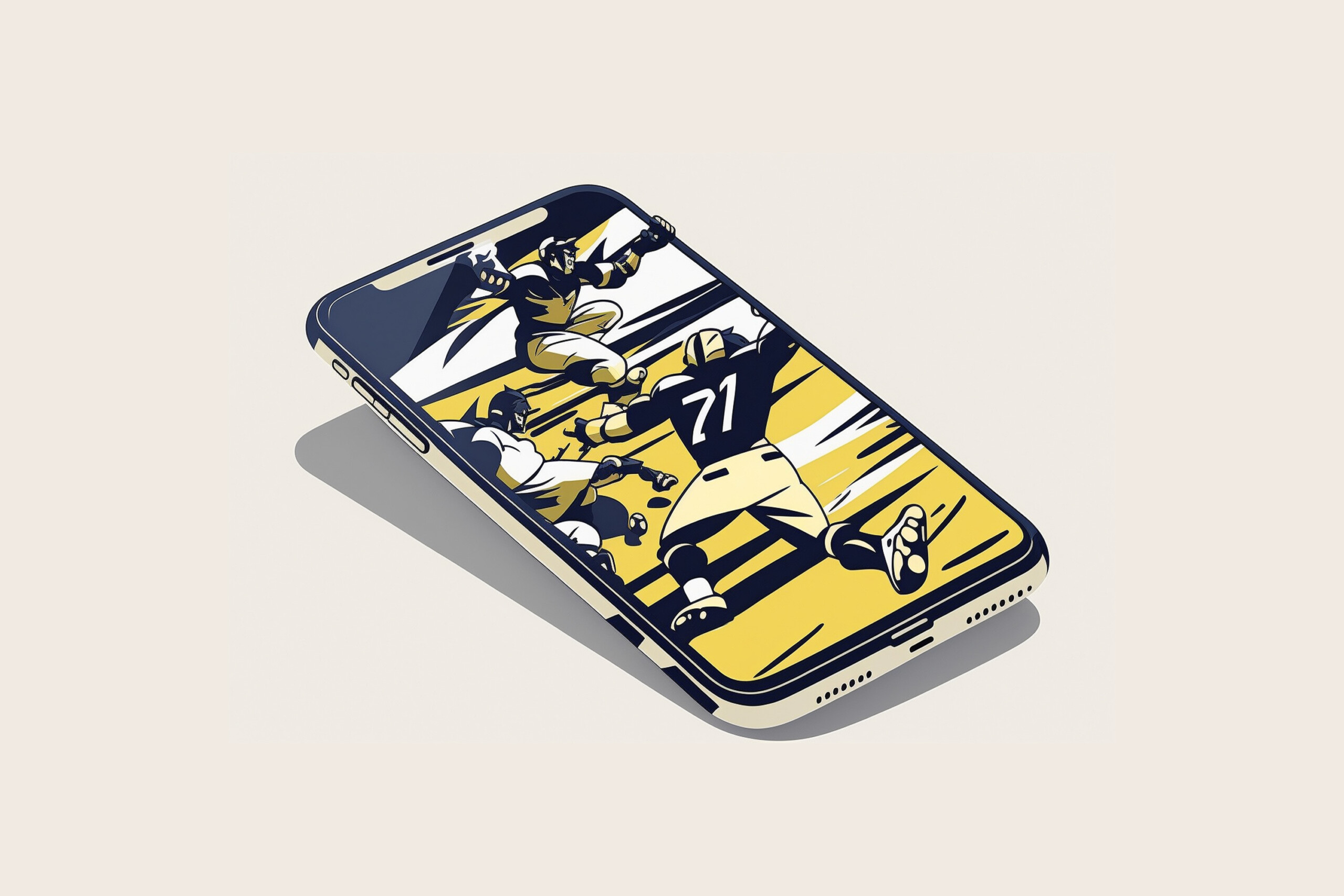Summary: Watching baseball has become much more affordable and accessible over the years. Thanks to innovations in telecommunications, baseball fans can enjoy thousands of games for less than the cost of one game a century ago.
A ticket to a Yankees game in 1923 cost $1.10. Unskilled workers back then were earning 22 cents an hour so it took them five hours of work to earn the money to buy a ticket. Blue-collar workers were earning 44 cents an hour so it only took them 2.5 hours.
Today you can buy a live stream package for every Major League Baseball game for $64.99. The season schedule generally consists of 162 games for each of the 30 teams for a total of 2,430 games, plus the postseason. The streaming package makes it less than 2.7 cents a game. That’s around 3 to 6 seconds of work depending on your skills.
Unskilled workers are earning $14.53 an hour today while blue-collar earn $33.39. That would make the season streaming package time price 4.48 hours and 1.95 hours respectively.
For less than the time price of one game in 1923 you get over 2,430 today. Enjoying baseball has become 242,000 percent more abundant. In the last 100 years, baseball innovation has grown at 8.1 percent compounded annually, doubling abundance every nine years.
Some have suggested that watching Major League Baseball has gotten more expensive over the years. The premium seat in the stadium is a status symbol of conspicuous consumption as Thorstein Veblen would say. It’s like a Rolex versus a Timex. You are not there to watch the game, you’re there to be watched. Vanity is always expensive.
Innovation in radio and then TV and now the internet has made watching baseball almost free for billions of people.
Pitcher Max Scherzer is the highest paid baseball player today with a $130 million 3-year contract. Babe Ruth was earning $52,000 a year in 1923. That was about 52 times greater than the typical blue-collar worker at the time. Max Scherzer’s $43 million a year puts him 643 times higher. Is Max really 10.9 times better than the Bambino?
Innovation allows Scherzer’s team to sell and resell his performance to everyone on the planet with advertisers paying much of the costs. TV also gives you close-up views and replays and stats you don’t really get at the stadium.
If you have the extra money and time to enjoy the status of attending a major league baseball game in person, you still have that choice today. But if you cannot afford to travel to Yankee Stadium, then enjoy what millions of entrepreneurs have created to help you watch the game in what many consider to be a much better experience.

